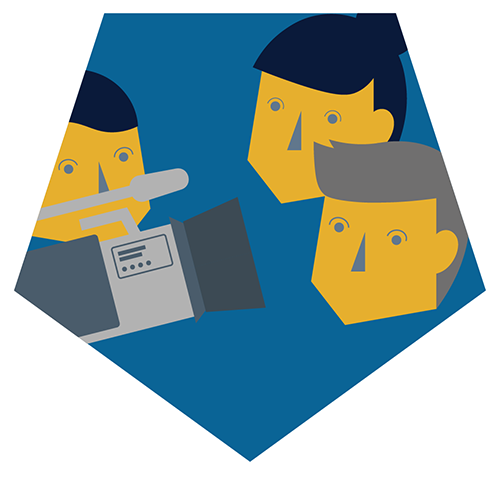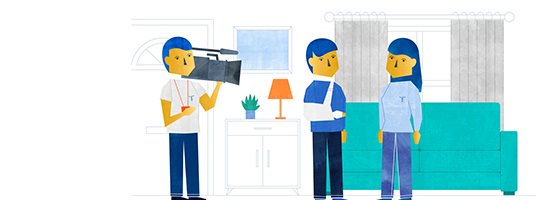

Back to All Services
Our Services
Ethnographic Research
Ethnography is an effective way of witnessing human events in the context in which they occur. It can help the industry to solve problems beyond the reach of many research approaches, particularly in the understanding of patients’ and healthcare professionals’ environments.
For the past two decades we have been recruiting patients, caregivers and healthcare professionals for our clients to conduct the following types of ethnographic research:
Observation:
A process also known as “immersion”, and which involves prolonged observation (sometimes several days) of respondents’ environments allowing the researcher to build relationships and gain an understanding of the broader social context in which the research is embedded and to contextualize what people say or feel.
Participant Observation:
When a researcher actually becomes a part of the group they are studying in order to collect data and understand a social phenomenon or problem. During participant observation, the researcher works to play two separate roles at the same time: subjective participant and objective observer.
Mobile ethnography:
A technique particularly useful to get “in the moment” insight and which involves respondents using modern digital applications to record their thoughts and feelings at regular intervals or when an event happens. The benefit is scalability as there is no limit on the number of respondents which can be enrolled.
Time and Motion studies:
When researchers monitor each step of a process, attempting to determine a reasonable average time to complete each part of a particular task. They also examine the process itself in an attempt to identify places in which the current practice is inefficient, in either time or human motion, so that more efficient practices can be implemented.
Related Work
See all Work


healthcare market research
Pulmonary hypertension and interstital lung disease
To illustrate daily life of patients living with PH-ILD and provide educational materials to raise awareness of the impact of PH-ILD on the everyday lives of people.



ethnographic research
To explore what life is like day to day for a person living with Fabry Disease and the impact this condition can have on them, as well as their families



ethnographic research
HCP digital behavioural assessment





ethnographic research
Peripheral Neuropathic Pain
To better understand what it is like to live with long term nerve pain

See More Services
Request a quote

